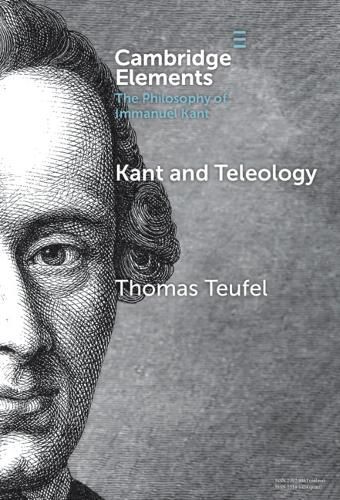Readings Newsletter
Become a Readings Member to make your shopping experience even easier.
Sign in or sign up for free!
You’re not far away from qualifying for FREE standard shipping within Australia
You’ve qualified for FREE standard shipping within Australia
The cart is loading…






Kant's mature teleological philosophy in the Critique of the Power of Judgment is predicated on innovations that address a set of unprecedented challenges arising from within critical philosophy. The challenges are (1) a threat of "transcendental chaos" between sensibility and understanding, emerging from the structure of critical epistemology; (2) a threat of "critical chaos" between determination and reflection, generated by Kant's response to that first threat. The innovations include (a) a transcendental conception of purposiveness, (b) a principle of nature's purposiveness based on that conception, (c) a power of judgment governed by that principle, (d) and so governed in an unusual (self-given and self-governing) way, (e) a view on which nature does make leaps. This Element argues that Kant's mature teleological philosophy - and a fortiori Kant's aesthetics and philosophy of biology - cannot be understood without a fully systematic account of these challenges and innovations, and it presents such an account.
$9.00 standard shipping within Australia
FREE standard shipping within Australia for orders over $100.00
Express & International shipping calculated at checkout
Kant's mature teleological philosophy in the Critique of the Power of Judgment is predicated on innovations that address a set of unprecedented challenges arising from within critical philosophy. The challenges are (1) a threat of "transcendental chaos" between sensibility and understanding, emerging from the structure of critical epistemology; (2) a threat of "critical chaos" between determination and reflection, generated by Kant's response to that first threat. The innovations include (a) a transcendental conception of purposiveness, (b) a principle of nature's purposiveness based on that conception, (c) a power of judgment governed by that principle, (d) and so governed in an unusual (self-given and self-governing) way, (e) a view on which nature does make leaps. This Element argues that Kant's mature teleological philosophy - and a fortiori Kant's aesthetics and philosophy of biology - cannot be understood without a fully systematic account of these challenges and innovations, and it presents such an account.